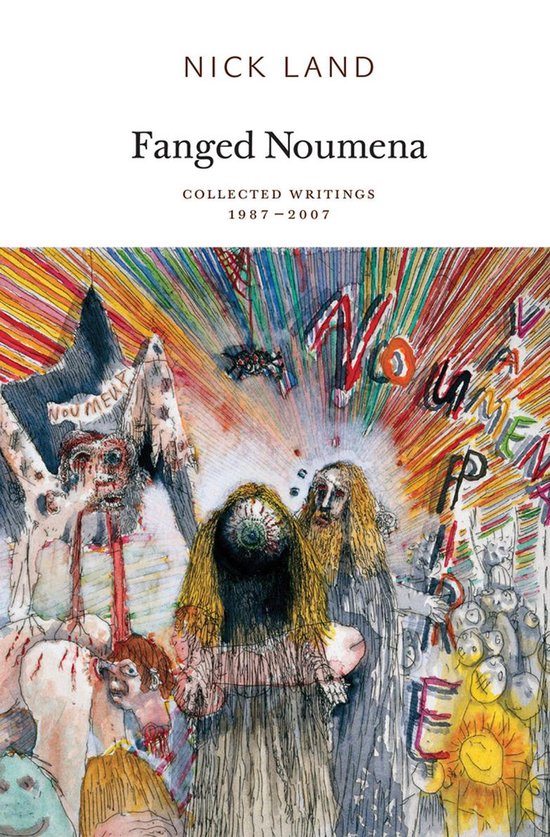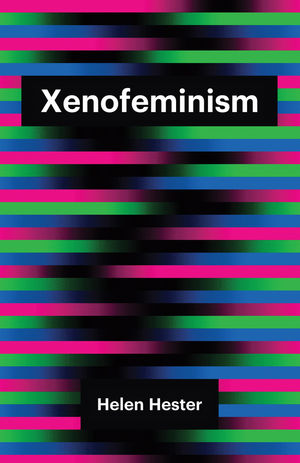The media arts and sciences draws many a sorcerer like moth to a flame. To engage in the cybernetic arts is akin to the shamanism /voodoo of many a tribal faith. Conjure upon the forces of the Earth, magic locked within the material plane, that we may break free from this cursed Samsaric cycle. A CyberSorcerer must engage in the performative antics of maya, the state change of magic that transforms matter from one ideal to another, since technology is merely alien magic from the future, after all. Of course, to initialize oneself in occult arts, one must first undergo the sublimation process that breaks the illusion of an explainable universe. The magician only conjures when he recognizes the forces that make up reality, and proceeds to hijack their thermal currents.
Ok, fuck the verbiage. Fuck the useless big words that don’t really make any sense. Fuck the social need to appear intelligent. There never has and never will be a use for flat academics. What exactly is being served here?
If you want to be a media sorcerer, if you want to be a magician, if you want to know the truth about life, society and the universe itself, you need to read the fuck up, you pleb. Period.
Here’s what you need to get started. The books below are a primer on the deeper philosophy of media sorcerery, and while you don’t explicitly need to, it’s recommended that you read them in order. Finally, like any alchemic text, it takes effort to get to the truth, so if you’re absolutely rattled by what you read, that’s exactly the damn point.
- NEUROMANCER

Cult classic cyberpunk pulp shit. This is the “Genesis” of all that comes after, the beginning of our conceptual structures, the holy writ that generated its own future, that created its own prophecy, the ice matrix cyberspace that crystallizes into an escapist fantasy. Implants, consoles, sleeves, evil tech mega-corporations: Nostradamus like in its epic proportions of new myth.
Neuromancer is the quintessential cyberpunk paperback that you need to read to understand the feeling of being a revolutionary in an increasingly tightening control society. There’s no mastery without this fundamental.
- EREWHON

Butler’s satirical prose on the misgivings of society at that time period unwittingly mutated into a fountainhead of the Media arts Cathedral. Butler’s universe builds a rich tapestry of dialectics, forcing a superset of hard reboots within the reader’s mind. What a Utopia could mean or possible imply from the primitive standards of today, is then taken to its logical extreme until it bears exact resemblance to its ambiguous title unscrambled: “Nowhere”.
Erewhon comes up a lot in debates around UBI, the role of perfect automation on society and what a postgrowth civilization would look like because of three chapters in it titled “The book of the Machines”. Pair it with “The human use for human beings” by Norbert Wiener and the “Communist manifesto” by Marx. Choo choo, onto the next.
- CAPITALISM AND SCHIZOPHRENIA, Volumes 1 and 2

Now we’re getting into the good shit, mhm mhhmm.
Deleuze and Guattari’s two part Capitalism and Schizophrenia series, comprising the infamous “Anti-oedipus” and the heretical “A Thousand Plateaus”, the duo go on a (quite literal) crazy tangent as they take the base matter of western philosophy and shoot off to the moon, as they take you through biology, complexity science, theater, music, bedouins, genetics, simulacra, lobsters, computers, masks, Berserkers and a million other wacko topics,while they stir the pot into a rich soup of creative surplus under the esoteric lunar veil of schizophrenic malady. Prepare yourself very wisely, because this series is like looking into the eyes of God and trying to not go insane.
Anti-Oedipus deals with a micro-macro approach to the dichotomy between individual and society, arguing that materialist socio-economics doesn’t account for the individual’s internal state, and vice versa. A Thousand Plateaus is an Opus on creative dynamism and how to access it. If philosophy was a science, then Deleuze and Guattari are the wizards at the edge of the forest stirring the black cauldron, because C&S is a fundamental text to anyone who wants to be a sorcerer, and the efforts, while of great magnitude, is well worth it by the end reached.
- FLATLINE CONSTRUCTS

How does one even be a lefty today if they haven’t read Mark Fisher? From the inner haunted mental phantasms that brought you the brilliant text Capitalist Realism, we get the prodigious (and severely mentally ill) Mark Fisher’s work on his K-PUNK blog brought to a general audience for the first time in publishing history. Mark Fisher takes us through the postmodernist cybernetic landscape, where he introduces strange neologisms like the “gothic flatline” and “surplus value of code”. Don’t be fooled however, because Mark Fisher comes from the legendary trifecta of the original Cybernetic Cultural Research Unit (CCRU) with his co-conspirators Nick Land and Sadie Plant, and his reputation for his thought in the media arts discourse is pretty well established.
If you’ve finished Capitalism and Schizophrenia and found ATP the more interesting book, then Flatline constructs will be a very welcome enriching continuation.
- FANGED NOUMENA

In sharp contrast to the severe depression that plagued Mark Fisher, we get the musings of the meth addled, breakbeat screaming virtual futures and CCRU frontman Nick Land. Famed for his borderline insane edging, Nick Land is one of those people you really can’t put in a nice square box, and this book is what happens when you take the esoteric pathways outlined in Anti-Oedipus and lace them with gatorade-boiled PCP. Land is “that guy”, the main character who is also at risk of going homeless due to his own need to hold strange cardboard painted signs. I still really don’t know what the fuck he was talking about.
If you liked the AO part of Capitalism and Schizophrenia, then this is the natural progression of the 1000 mile journey that you must take.
- XENOFEMINISM

The neolibs are at it with their bullshit again, and now we’re reeling from the short-form video circlejerk precipitated by the Difference Feminism constantly pushed by Dark Enlightenment influenced right wing bad actors. As the polarity between libs and rightoids continues to enter an ever choking death spiral, a new postgender politics that entertains the discourse of media beyond the immersive and the synthetic becomes necessary.
Based on the Xenofeminist manifesto by Helen Hester and drawing from previous cyborg feminists like Donna Harawy’s Cyborgs, Simians and Women , Katherine Hayle’s “How we became Posthuman“, Sadie Plant’s “Ones+Zeroes” and the legendary Shalamith Firestone’s “Dialectic of Sex“, Xenofeminism delves into a hodgepodge mindmeld fusing networks, biohacking, social theory and plus plus ultra to bring one hell of a good argument.
- ANTI-OCULUS

Do you watch Acid Horizon? No? Well you should.
Here we get a meta-meta response domino effect, with Anti-oculus paying homage to Anti-oedipus just like the latter did to Nietzsche’s Anti-Christ.The Acid Horizon crew build upon the many hours devoted to discussion on their podcast to bring us a short volume that promises us an “escape from cybernetic means of social control”. The book goes into Borges-esque library of postmodernist references, from Foucault and Deleuze to Baudrillard and more. In an increasingly authoritarian control regime enveloping the planet itself, the need for ejection points is ever more dire, and “Anti-Oculus” shows us a way out. If you do not want to be perceive, read.
With the list outlined (and constantly updated), we hope that you, young sorcerer, can activate their own destiny and bring to fruition the magic that lies in every human heart. Until then, ciao bonita.